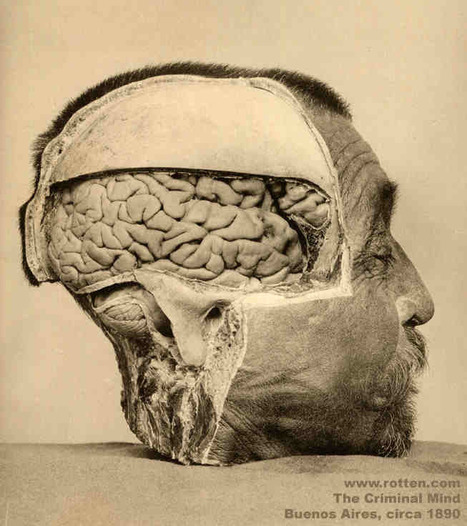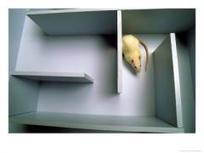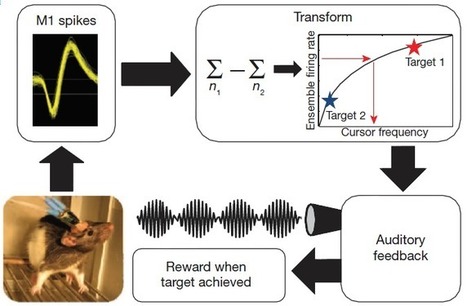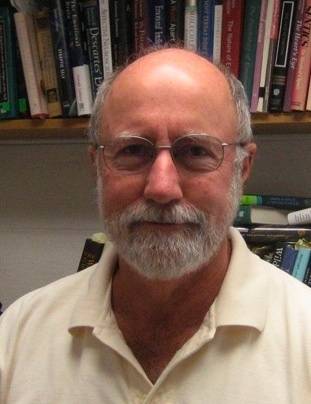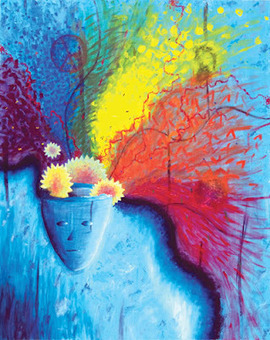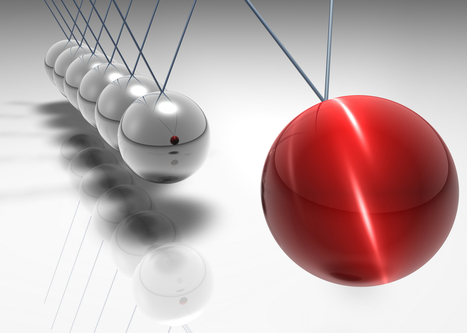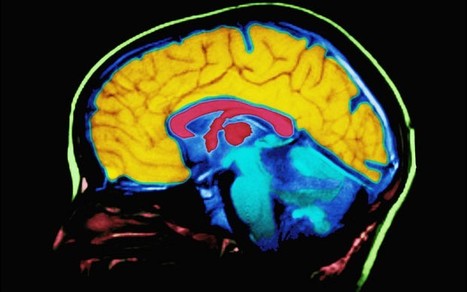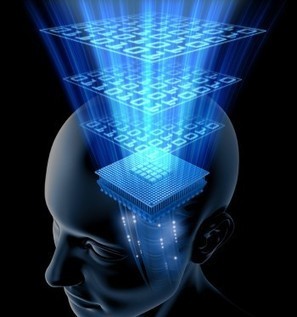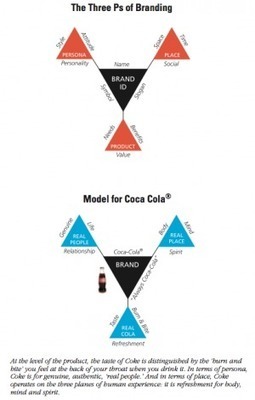Scientists found that men who drank two pints of beer or two glasses of wine before solving brain teasers were quicker in delivering correct answers.
Research and publish the best content.
Get Started for FREE
Sign up with Facebook Sign up with X
I don't have a Facebook or a X account
Already have an account: Login

 Your new post is loading... Your new post is loading...
 Your new post is loading... Your new post is loading...

Andy Galicki's curator insight,
October 13, 2013 9:24 PM
Although this article is very similar to the others, you can clearly tell that it is credible. It is tagged from the APS Annual Convention for Cognitive and Developmental Psychology. |
|






